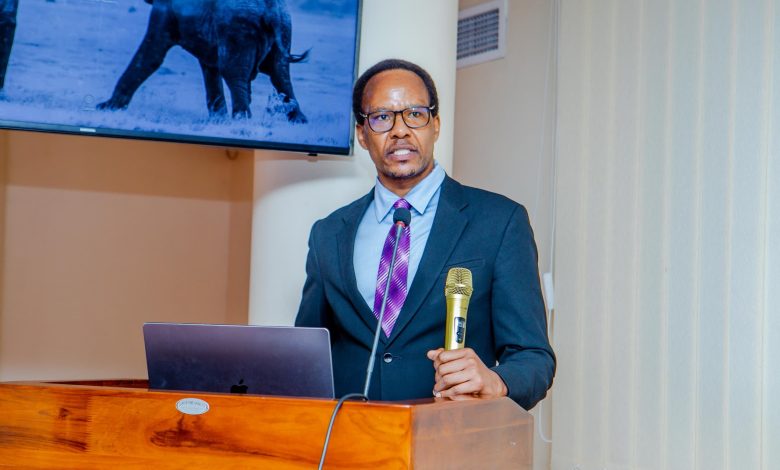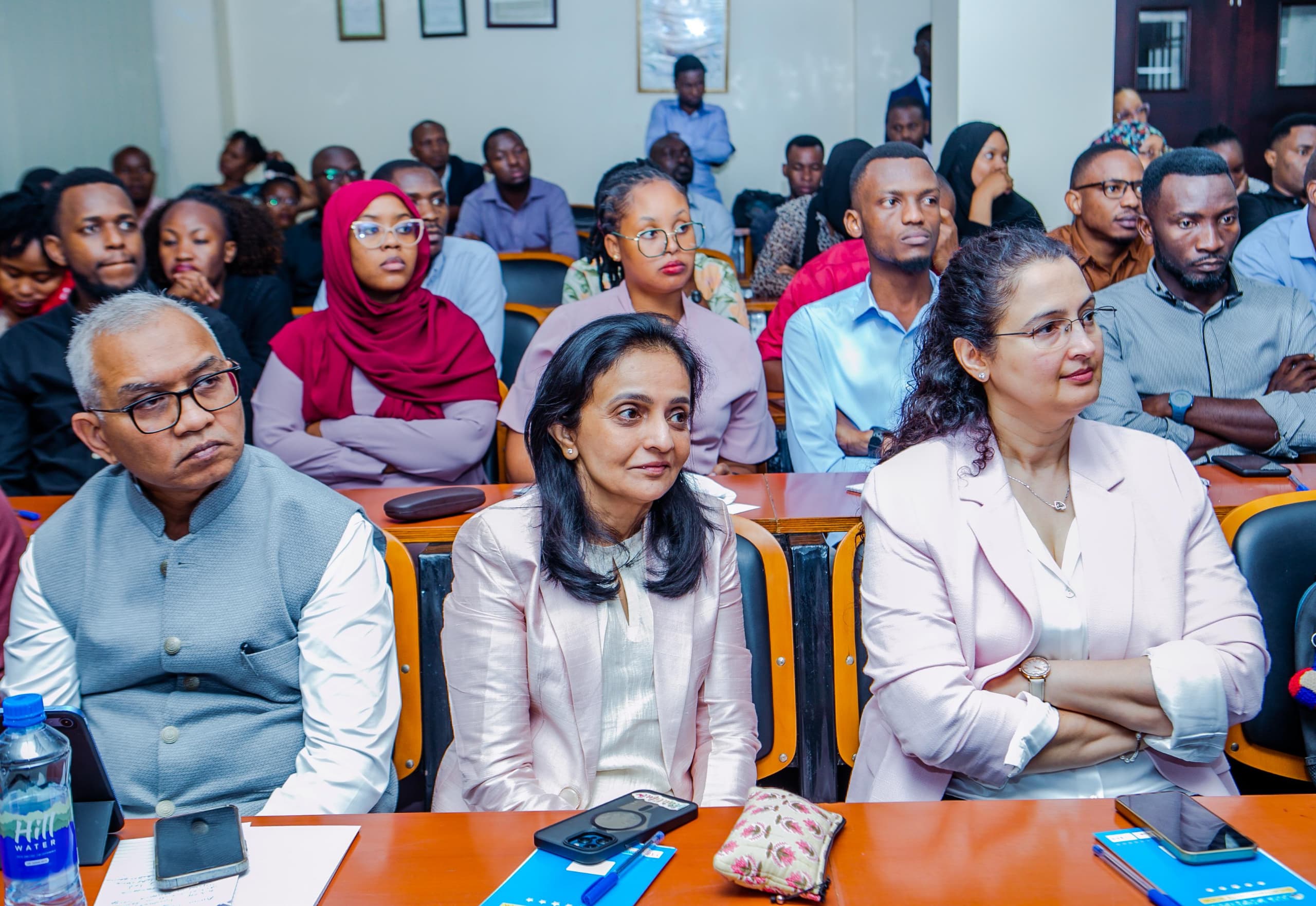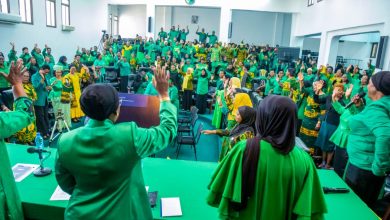MOI specialists, Indian experts save patients with cheap anesthesia

DAR ES SALAAM: EIGHTY specialists from Muhimbili Orthopedic and Brain Institute (MOI), in collaboration with experts from India, have begun providing training on using modern methods of sleep medicine and anesthesia, a move that aims to reduce cost and patients’ long stay in hospitals.
According to Anaesthetist and Sleep Medicine’s specialist, Naima Zakaria, the old methods used for direct anesthesia cost 100,000/- while the modern method of vascular blocking drugs does not exceed 20,000/- for one patient.
“The biggest challenge is the use of modern methods because now we provide sleeping pills in two ways, and in the world, they have developed up to five ways and six.
She said that the modern training will simplify the provision of services, where now patients will stay in the hospital for a shorter time,e and the cost will be reduced.
“If you put him straight away, he takes more time to stay in the hospital, even for two days, they would give him hand anesthesia alone until the next day he leaves,” she explained.
Speaking at the opening of the training in Dar es Salaam, today, July 22, 2025, the Director of Medicine at the Ministry of Health, Dr. Ahmad Nyembea, said the goal is to improve surgical services that have increased to health centers, and these services require specialists.
ALSO READ: MOI partners with Isles hospital to improve healthcare
He said the specialists will learn in practice to build more capacity, where such training will occur regularly with Indian specialists coming to Tanzania, while Tanzanians go to India.
“The goal is to get the best specialists, and when someone undergoes surgery, it will be of a high quality. Due to the increase in centers, more specialists are needed, and universities have increased; we expect that by 2028, we will have 300 specialists,” he stressed.
For his part, the Executive Director of MOI, Dr. Mpoki Ulisubisya, said that this is a procedure designed and implemented by the Association of professionals who provide sleep medicine and gas in collaboration with skilled professionals from India who are experts in the field.
“They will teach professionals how to provide medicine using more modern methods than those we are used to doing in the country. We are learning more modern methods, for example if a patient is in need of a hand treatment, we will apply gas to the hand and not the whole body.
Adding, he said: “Or if he has long-term pain, even the painkillers will not help. We want to learn how to provide care to these people.”

And the Secretary General of the World Federation of Sleep Medicine Associations (WFSA), Dr. Balavenkata Subramanian, said they have come to collaborate and learn from local and foreign experts because their countries face similar challenges as developing countries, such as the need for drugs and infrastructure, which is not very much.
“And in that, we want patients to stay well after surgery and receive good care for three days. We are happy that we will be collaborating in exchanging skills and knowledge of new technology using the equipment.
He said the experts will learn new technology that will make services safer.





